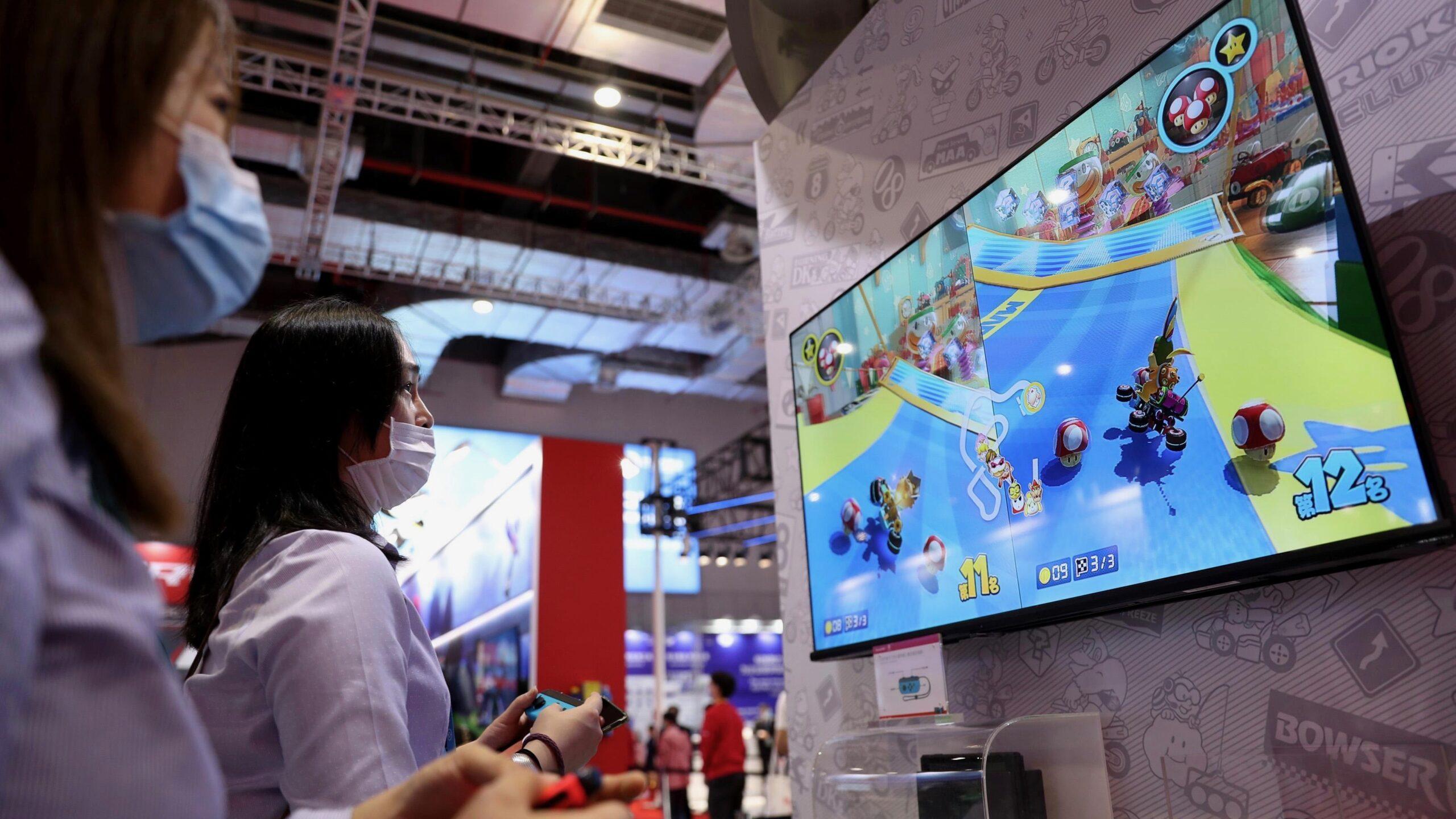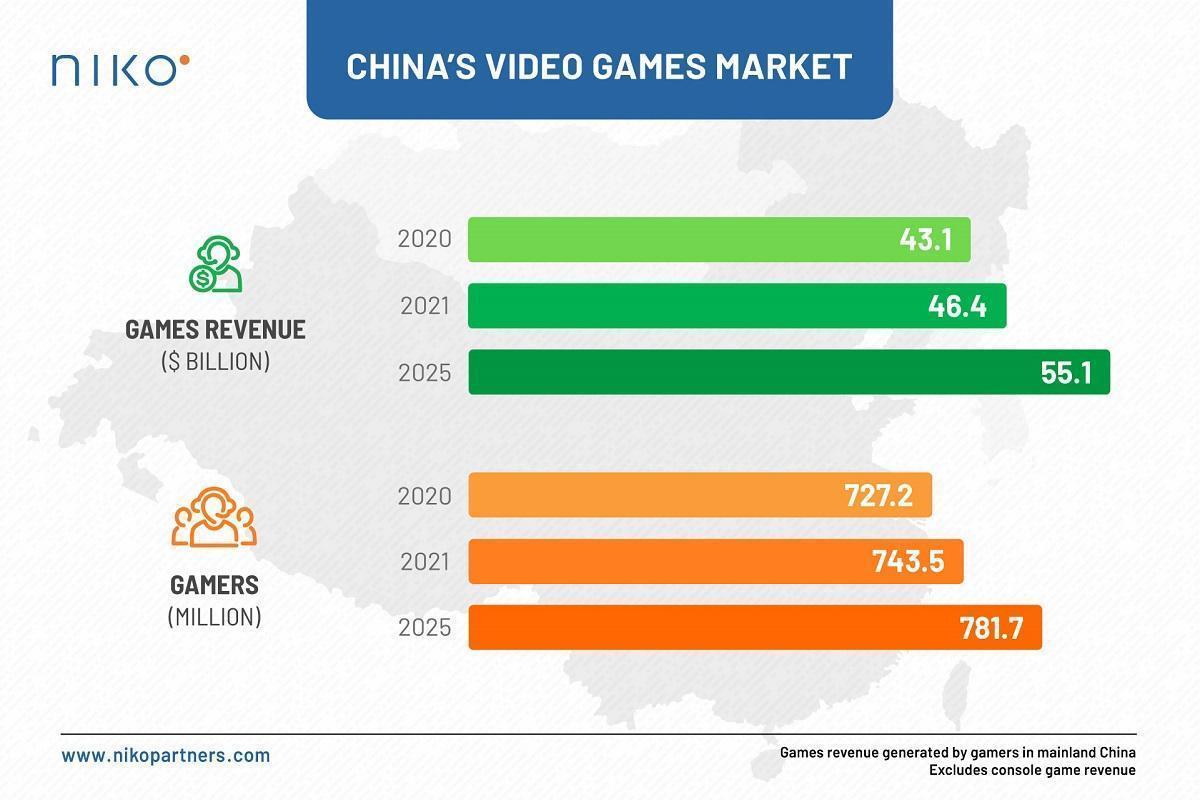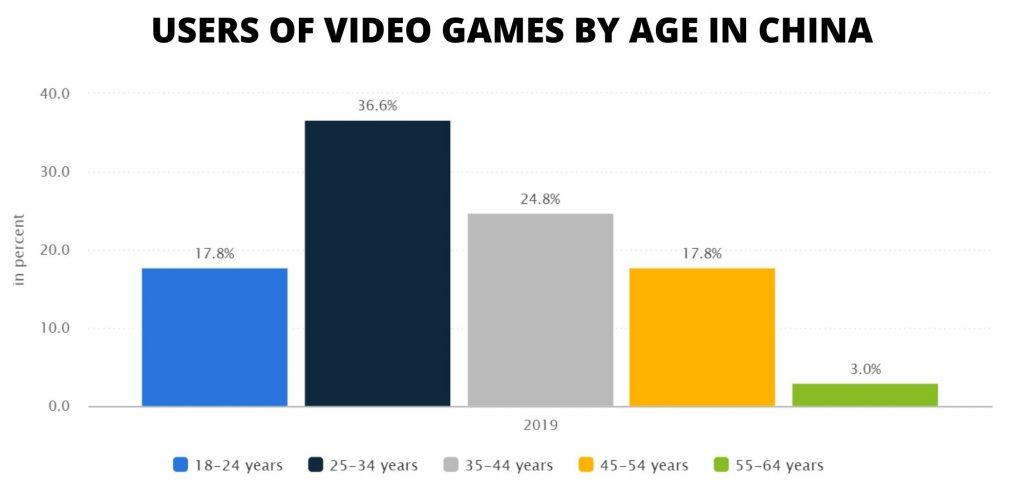AsiaTechDaily – Asia's Leading Tech and Startup Media Platform

A blow to the gaming industry as China tightens its guidelines on online gaming
China recently introduced new regulations on online gaming that limits the number of time under-18s can spend on online video games to 3 hours a week. The authorities say that this move was necessary to combat online gaming addiction.
What are the new guidelines?
According to the announcement from the Chinese National Press and Publications, children under 18 years of age would be allowed one hour of online gaming from 8pm-9pm on Friday, Saturday, Sunday, and public holidays. This restriction will further reduce the already limited time kids in China have to play video games.
The guideline orders all online gaming providers in the region to not provide online services to minors during the weekdays, even on a guest account. Those who refuse to comply with these new orders will be dealt with in an official capacity.
This announcement has come after China in 2019 had enforced restrictions on online gaming that banned minors from logging on to online games post 10 pm. These new guidelines have not gone down well with many video game companies. Online gaming giants such as NetEase and Tencent have been constantly looking out for opportunities and partnerships to develop products as per the global demand.

Why China is worried about gaming addiction?
China being the largest video games market have been concerned for years about the addiction to online gaming and the internet among the youth, setting up clinics that offer a combination of military drills and therapy for those with “gaming disorders”.
In 2018, an increasing rate of nearsightedness was also cited as a concern. The new regulations are in response to rising concern that online games affected the mental and physical health of children.
According to the state media report, around 62.5% of Chinese minors play online games, and about 13.2% of minors play mobile games for more than 2 hours per day on weekdays.

Why a crackdown on the online gaming industry?
Authorities in China believe that multinational companies are addicting the youth of the country to video games. This has been a major reason for health issues among teenagers and it also compromises their productivity. As a result, the regulatory bodies have been asked to clean up the gaming industry in China.
As part of this cleanup, since the beginning of 2018, Chinese regulatory authorities have not been issuing new licenses for video games. Even free video games require a license to operate in China, thus prohibiting any new launches.
The impact
This crackdown may create many casualties and the first one to get impacted will be the publishers. Some of the largest video game publishers are in China. For instance, Tencent, the number one publisher in the world for video games witnessed a fall in its share early this month.
According to Jefferies analysts, it is expected that there would be an impact of about 3% on Tencent’s earnings from the new guidelines, assuming that gaming contributes 60% of its total revenue.
NetEase saw a downward trend in its share price with this announcement. A South Korean company, Krafton Inc. that earns fees by providing a similar game to its famous PUBG to Tencent in China, also witnessed a fall in stock price. Koei Tecmo and Nexon, both have the exposure to Chinese market met a similar fate in the stock market.
This rapid crackdown can have widespread consequences for gaming companies in China as well as abroad.





